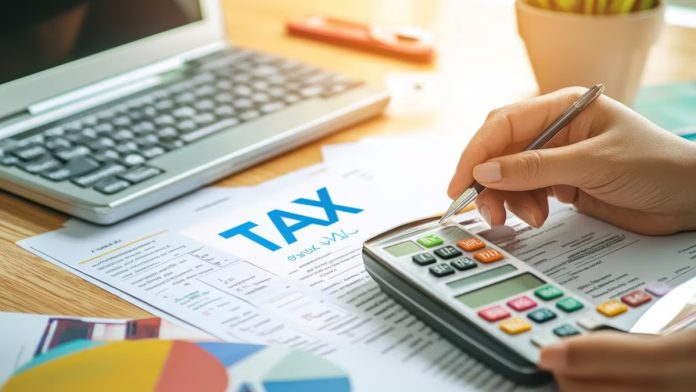The Income Tax Department has revised its guidelines for compounding offences under the Income Tax Act, 1961. Compounding of offences allows individuals who have committed a tax-related default to acknowledge their mistake and apply to the tax authority for a resolution. If accepted, the authority may drop the case, often in exchange for a reduced fee.
The revised guidelines are aimed at making this compounding process simpler and less complicated. They consolidate multiple existing guidelines and lower the charges associated with compounding. The Income Tax Department stated that these changes are part of their effort to streamline procedures and make compliance easier for taxpayers.
Revised guidelines by Income Tax Department:
These new guidelines, issued by the Central Board of Direct Taxes (CBDT), replace all previous guidelines and apply to both new and pending applications.
Also Read How the 15-15-15 Rule can help you build Rs 1 cr through mutual funds Hyundai Motor India IPO Live Updates: Check Hyundai India IPO GMP, allotment, price band and how to check application status online Family Pension Rules Update: Here’s how pension between 2 wives of a deceased govt servant to be distributed! Central Bank of India’s PAT jumps 51 per cent to Rs 913 crore
Also read: New Form 12BAA: Taxpayers attention! This form will help you reduce TDS on salaries – Know what will change now?
The revised rules aim to simplify the compounding process by reducing complexities from multiple existing guidelines and lowering compounding charges. Key changes include:
-Elimination of offence categorization.
-No limit on the number of times applications can be filed.
-Fresh applications allowed to correct previous defects.
-Compounding now permitted for specific offences under sections 275A and 276B.
-Removal of the 36-month limit for filing applications after a complaint.
-Companies and Hindu Undivided Families (HUFs) no longer need the main accused to file the application; any co-accused can do so.
-Compounding charges have been rationalized, including the abolition of interest on late payments and a simplified rate of 1.5% per month for TDS defaults.
What are the new guidelines for revised compoundable offences?
In a circular dated October 17, 2024 the Ministry of Finance via Income Tax Department has said the following:
Scope of the Revised Guidelines for Prosecutions Under the Income Tax Act, » Read More


